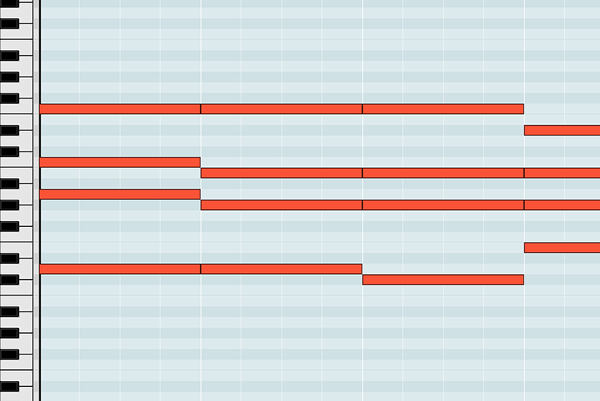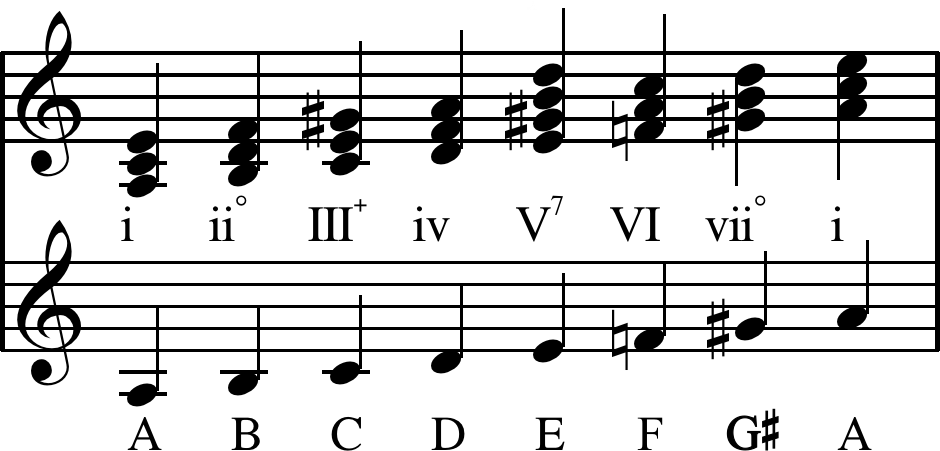How to Avoid Losing Your Inspiration as a Musician

Cameron Fluestern, der Muse 1865
Is inspiration just a “lucky burst of creativity”?
Most people believe that if you're lucky “the Muse will come and inspire you”, so they sit around waiting to “get lucky”, but you and I both know:
It doesn't work like that!
In fact, professional songwriters don't work like that.
They don't sit around waiting for inspiration. They create it with techniques and tools that amateurs don't understand or don't know about.
Creative ruts are common among musicians, and knowing how to create inspiration is the key to success.
So let's take a look at some techniques and tools used by the pros.
Practice 'Expressing Your Emotions'
Does this sound strange to you?
It doesn't to movie stars, they practice expressing their emotions all the time and expressing your emotions can instantly spark inspiration as a musician.
So learning to express yourself emotionally is very important.
Unfortunately, most of us have a hard time doing that, but expressing yourself is just like any other skill - you can practice to get better.

Acting is one of the best ways to practice 'expressing your emotions', but what if you're not an actor? Thankfully there's another way:
Writing.
How do you do it?
You grab a notepad, or create a document on your computer, and write about your life experiences. It can be anything as long as it carries emotional value.
Avoid judging what you're writing (leave that for later) just let the words free-flow from your unconscious mind and stay focused on your feelings.
This is a GREAT way to get lyrics too, but don’t try to make rhymes at this stage. Just write your experiences and how they make you feel; then you can pull the lyrics out as they come - they'll practically write themselves!
Set a Schedule
Don't have time to practice 'expressing your emotions'?

I bet, if you really thought about it, you actually do have time, but you'll have to MAKE it.
You must treat music as any other activity which needs time. It’s easy to blow-it-off now and “wait for the right time” or “do it tomorrow”, but that doesn't work. Because tomorrow never comes.
So don't wait, create a schedule right now!
You have 24 hours in the day and at least 6 hours of free time. Dedicate at least one (or two) hours a day to music, whether it’s listening, honing a skill, composing, or marketing yourself as an artist.
Listen to Music - Just for the Fun of It!
This applies especially to those who are fully dedicated to music and regard it as a full-time job.

Why?
Because you're listening to music as a critic all day long. Give it a break and listen to some music that you really love.
Just for enjoyment.
So listen from your heart instead of your head for a while. It’s important to detach from the technical and business sides of music. Enjoy music for what it is:
Art!
It's good for you to listen to other people’s music and diversify your taste. Take some time off from 'being a musician' and let go. You'll have a fresh perspective when you come back.
Continue Evolving & Expanding

Let’s face it, creative ruts are inevitable. So use your time to do something else which is related to music.
Maybe there’s a certain musical skill that needs developing like your timing or maybe you still have a lot to learn about music theory.
Learning a new song, a new rhythm, or a new chord is a great way to deal with creative ruts. You get to see the details that give music its beauty and you can adapt some elements to your own songwriting.
Explore New Possibilities
Are you writing your songs in the classic intro-verse-chorus-verse-chorus-bridge-chorus structure?

Try writing a song without a chorus or one with a really long instrumental part.
Forget about rules and experiment with different patterns too.
There are many artists who you can immediately recognize due to their own style. You can find inspiration in your favorite artists, but copying them isn’t necessarily wise. Instead, adapt different styles of making music and create your own signature.
A Powerful Tool: Chord Progressions
There are several elements that make up a good song: rhythm, melody, lyrics, but the chord progression is the fundamental structure (or skeleton).

For many songwriters, the relationship between chords is the starting point in the composition process because it’s the foundation of the song - it dictates the overall emotional tonality.
Chord progressions can be happy, sad, mysterious, simple or complex. They can even be the defining element of a song. Placebo’s “Every You and Every Me” is a great example of a simple, yet catchy progression that sets the tone and is easily recognizable.
Chords play a big part in the narrative of your song and an extra chord added to a popular progression can significantly change the narrative and make it sound new.
The songwriting process is an art and honing it requires dedication and long hours of study. Luckily, you don’t need a lot of musical background to come up with some cool chord progressions that will make your music sound amazing.
Here are a few tips to help you write your own progressions:
Be Familiar with Chord Qualities
- Major chords evoke happiness and cheerfulness.
- Minor chords express sadness and seriousness.
- Diminished chords are associated with fear and suspense.
- Major Seventh chords are considered to be romantic, soft and jazzy.
- Minor Seventh chords are jazzy and moody.
- Dominant Seventh chords are funky, soulful and slightly edgy.
- Suspended chords are bright and tense.
Play Around With Chords in a Scale

Choose a scale, play two or three note chords from that scale, and see what comes out.
You could also take a chord progression and play the chords in a different order. But don’t choose them randomly though. Think of the story that you want to tell.
Add an Extra Chord That Doesn’t Belong to the Key
Try to make it seem like a surprise and quickly resume to a familiar chord. But don’t overdo it!
Experiment with All Sorts of Chords

Whether it’s learning a new song on a piano or using MIDI clips to explore different types of progressions, you can be sure of one fact:
Knowledge is Power.
The more progressions you know, the better will you be able to come up with something fresh and exciting.
Just Want to Have Fun and Get Inspiration Now?
Pre-made chord progressions are a super fun way to get inspiration right now.
Libraries like, Prosonic Chord Progressions provide hours of fun and education. Simply drag the MIDI files into your digital audio workstation and have fun experimenting. They'll get your creative juices flowing and break that creative rut.
Get some instant inspiration with the free downloads below: